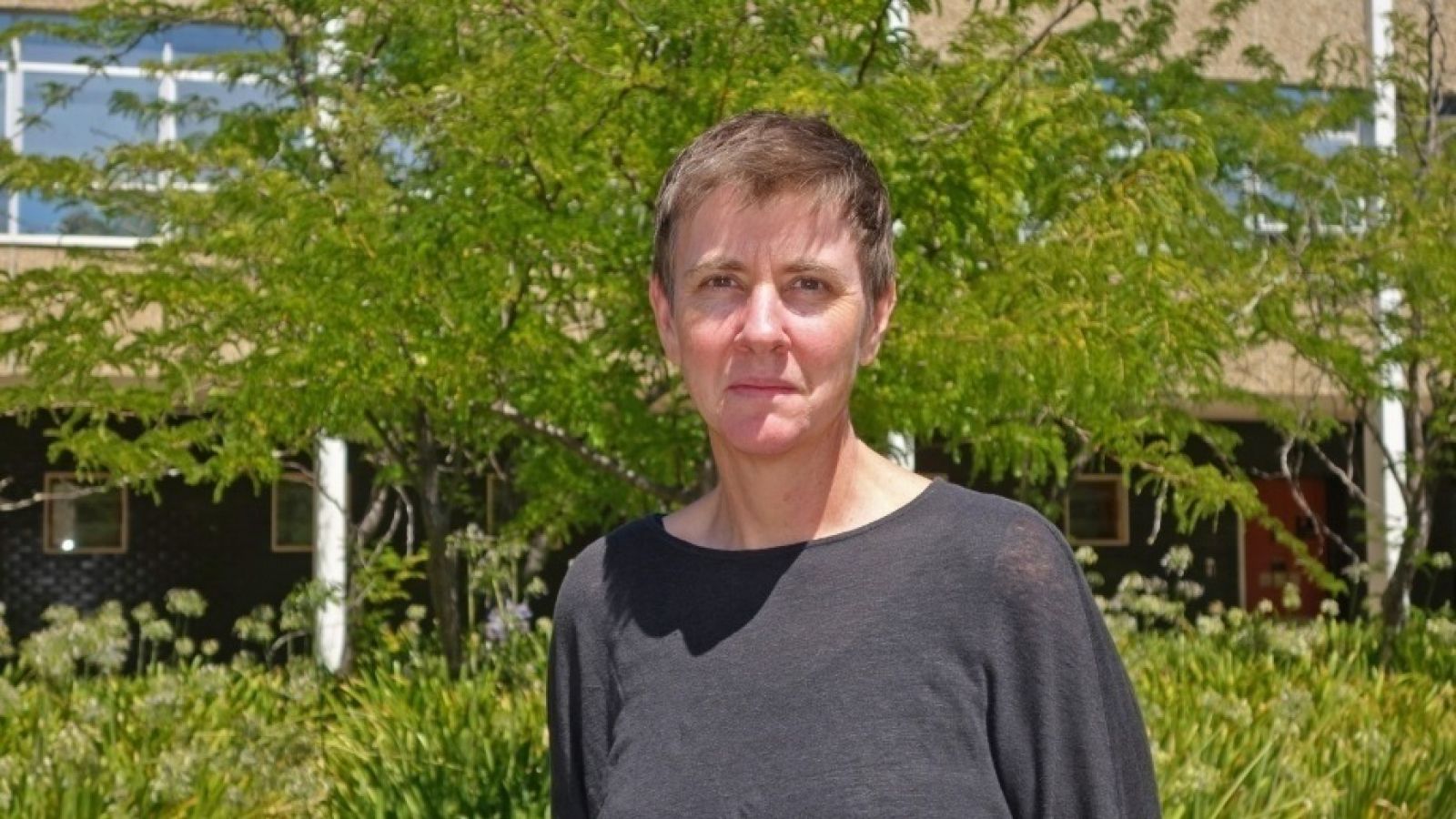Teens reject religious school exemptions: ANU study

Professor Mary Lou Rasmussen, ANU School of Sociology
Australian teens overwhelmingly reject religious exemptions and discrimination against staff or students based on gender or sexual identity, a study has found.
A team of researchers from The Australian National University (ANU), Deakin University and Monash University surveyed more than 1200 Australian teenagers and in-depth interviews with 30 teens.
“The religious exempting is really out of step with what young people are saying,” said Professor Mary Lou Rasmussen from The ANU’s Research School of Social Sciences.
The Australian Research Council funded the $300,000 national survey which quizzed 13-18 year olds across Australia.
Researchers found that most young people interviewed did not support religious exemptions.
“This national survey demonstrates diverse young people's emphatic support for inclusion of sexual and gender diversity at school and their emphatic rejection of religious exemptions,” said Professor Rasmussen.
According to the survey, 84 per cent of Australia’s teens think school students should be allowed to openly express any sexual or gender orientation, while 80 per cent agree sex education in schools should include information relevant to LGBTQI people.
“Many of the young people we spoke to were not aware of the existence of religious exemptions and surprise and shock was a common response to hearing about them,” said Professor Rasmussen.
“Young people strongly supported religious freedom, but not when it impeded their own, and others’, freedoms. They want to learn about religion in schools, and they want schools that are inclusive of sexual and gender diversity,” she added.
During in-depth interviews teens were asked what they thought about religious exemptions, and specifically whether schools should be able to discriminate in relation to what gets taught at school along with hiring and firing staff in line with their religious beliefs.
“Most teens in the study rejected religious exemptions but some participants expressed an understanding for the position faced by religious institutions while still being personally against them,” said Professor Rasmussen.